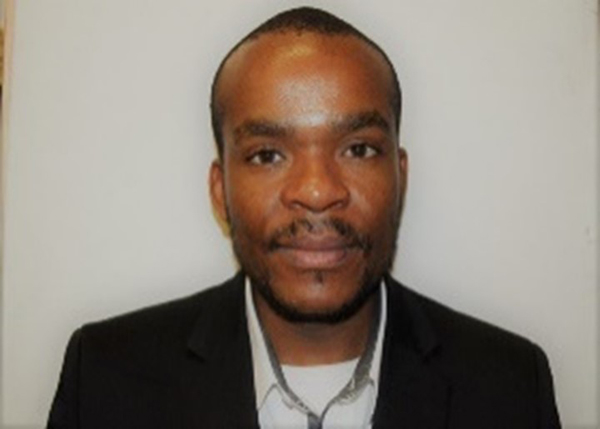News & Events
CLAW students fly Unisa flag high at prestigious competition
Two Unisa College of Law students are runners-up in this year’s Law Reform Commission Legal Essay Writing Competition.
The competition is sponsored by Juta Law. Formerly called the Ismail Mahomed Law Reform Essay Writing Competition, it was established in 1999, in honour of the late Chief Justice and former Chairperson of the South African Law Reform Commission, Justice Ismail Mahomed. Students who are eligible to enter the competition are all LLB and LLM students registered at a South African university.
In 2017, the South African Law Reform Commission identified a need to change the name of this competition from Ismail Mahomed Law Reform Essay Writing Competition to a neutral name. The name was then changed to the South African Law Reform Commission Legal Essay Writing Competition. The aim of the name change was to provide the South African Law Reform Commission an opportunity to honour, through the competition, all chief justices as well as other great legal minds that this country has produced. This is achieved by periodically rotating the naming of the prizes and the theme for the competition’s award ceremony after a particular chief justice or legal mind.
For the 2019 season, the South African Law Reform Commission chose to dedicate the competition to a great legal mind, the late Chief Justice Pius Nkonzo Langa. The aim of competition is to encourage students to take part in critical legal writing. In the process, students also generate new ideas for law reform that are aligned to South Africa’s priorities.

Unisa student: Rankgere Mokebe
Unisa students Rankgere Mokebe and Theo Hartzenberg were thus elected as this year’s runners-up of the competition. Taking time to speak to myUnisa, Mokebe says he feels honoured to be part of such a remarkable and prestigious competition. Explaining his essay, he says, “My essay is titled Unpacking Socio-Economic realities: an inquiry into the state of wealth transfer taxes and tax on wealth post 1994 South Africa. The essay provides an in-depth analysis on the character and nature of the current forms of wealth transfer taxes namely donation tax, transfer duty and estate duty and also on the desirability and possibility of wealth tax in South Africa as important vehicles to address socio-economic imbalances (wealth inequalities), stimulate economic growth and attain broad objectives of government.”
CLAW strives for excellence
While Hartzenberg had not responded to interview questions by the time of publishing, Professor Vinesh Basdeo, Executive Dean: CLAW says his essay is entitled Constitutional Supremacy – The exclusionary rule as a basis for law reform and Constitutional Democracy. Basdeo adds that both essays provide insightful discussions on topical legal issues and the writers demonstrate the ability to conduct an in-depth research and to critically discuss issues in a coherent and logical manner. “The quality of the writing is exceptionally high and both of them have written in such a way that their essays capture the attention of the reader,” he says. “These exceptional writing skills keep the reader interested. The extensive research which is explicit in these essays provide invaluable contribution to the body of knowledge and recommendations in law reform.”
Basdeo further explains that CLAW strives for excellence: “We encourage our students to participate in the various activities and competitions between the law schools, including the All Africa Moot Court Competition and the South African Law Reform Commission Legal Essay Writing Competition. As a college, we are very proud of the achievements of these two students, as we know what a prestigious competition it is. Among us, we have colleagues who have taken part as judges in the competition during previous years and they attest to the fact that only the best essays receive recognition. The positions are highly contested because of the high quality of the essays submitted for the competition. The two students have represented CLAW well and are flying the Unisa flag for all to see.”
The calibre of Unisa CLAW students
Basdeo explains that the skill to study and conduct research independently instilled in Unisa Law students equips them with the ability and confidence in drafting legal documents. “The various modules provide the students with the knowledge and skills they need to be able to approach competitions such as this one with confidence and enthusiasm,” Basdeo says. “In addition, the CLAW enhances students’ skills through the FOCI plan which includes writing retreats, M & D research workshops and Student Indabas that are made available to students each academic year.”
Basdeo says that the good showing of Mokebe and Hartzenberg places Unisa Law students in the same playing fields for industry opportunities. “The 2018 winner of the South African Law Reform Commission Essay Writing Competition was one of our students, Gilbert Kato, and he was subsequently employed by one of the top legal firms in South Africa,” Basdeo concludes.
* By Tshimangadzo Mphaphuli, Senior Journalist, Department of Institutional Advancement.
Publish date: 2020-12-15 00:00:00.0

